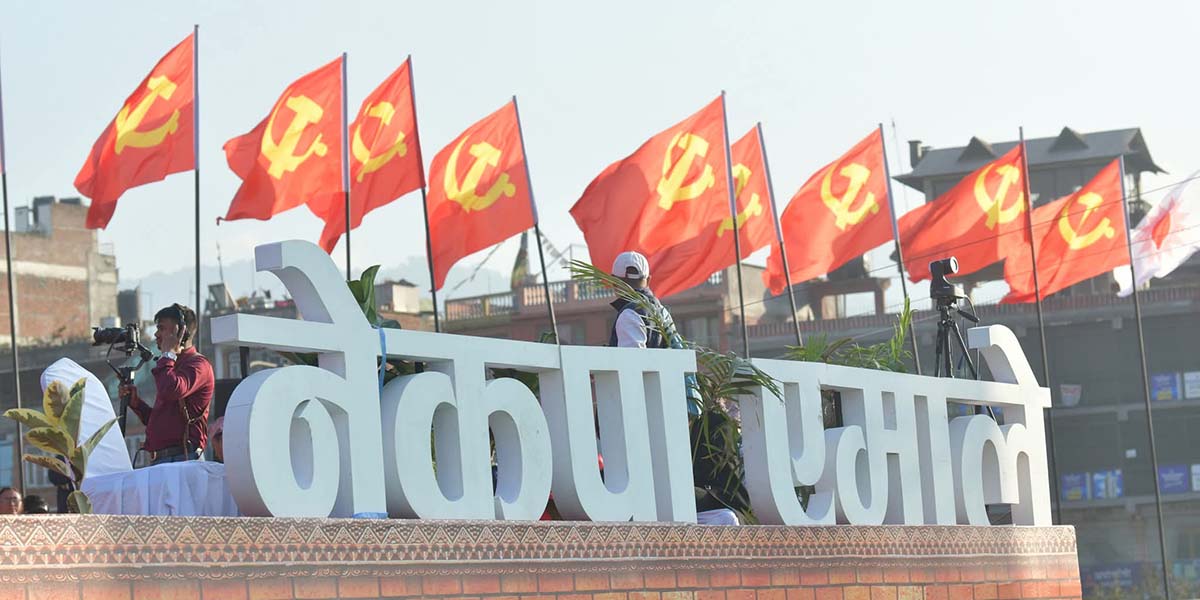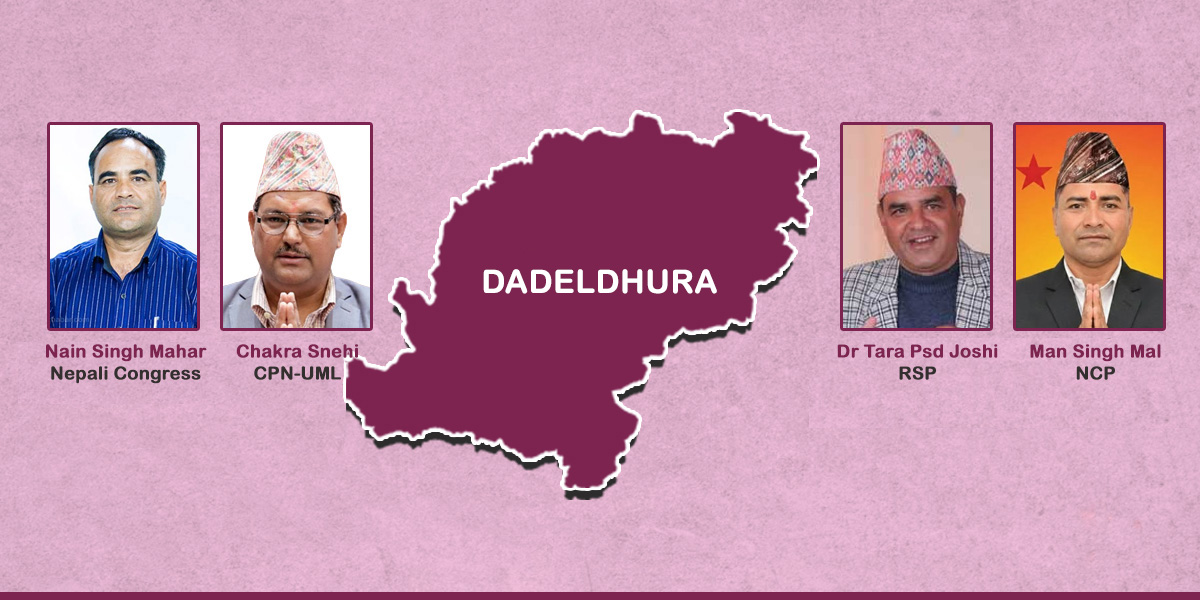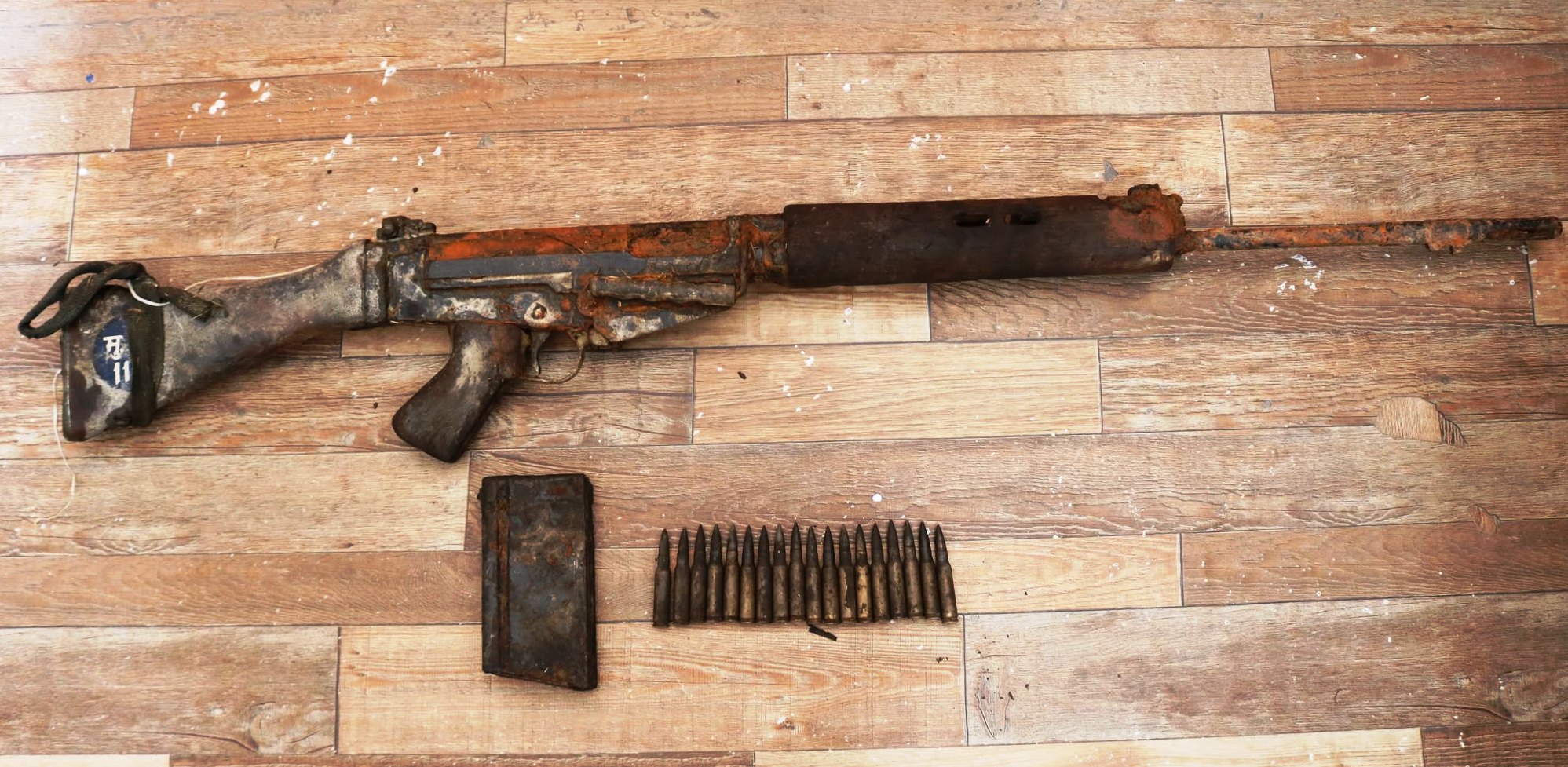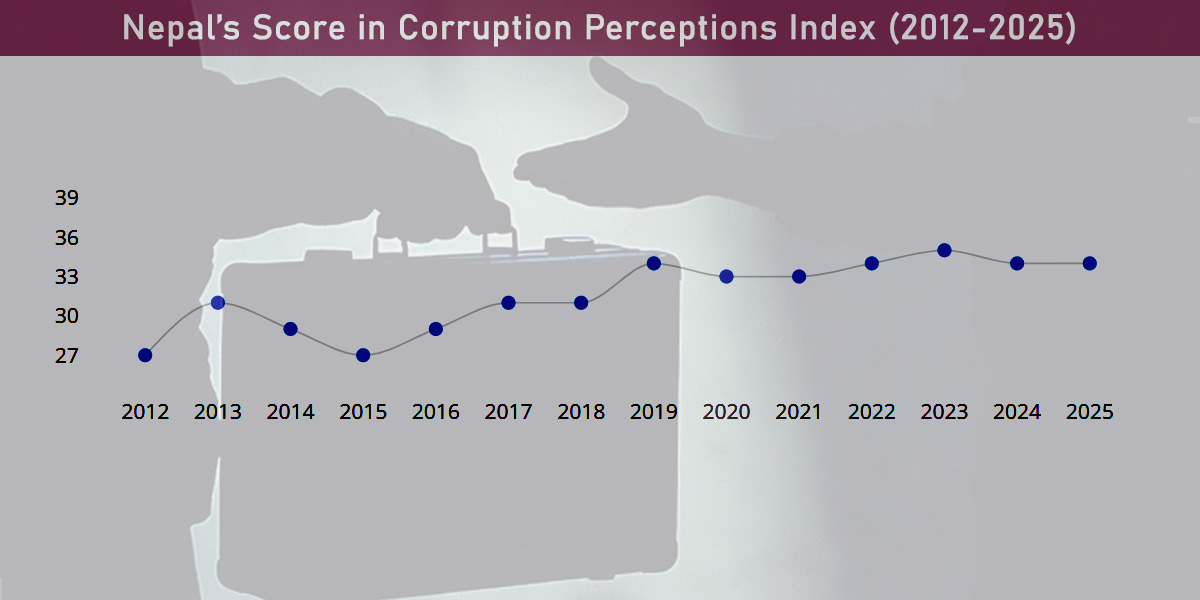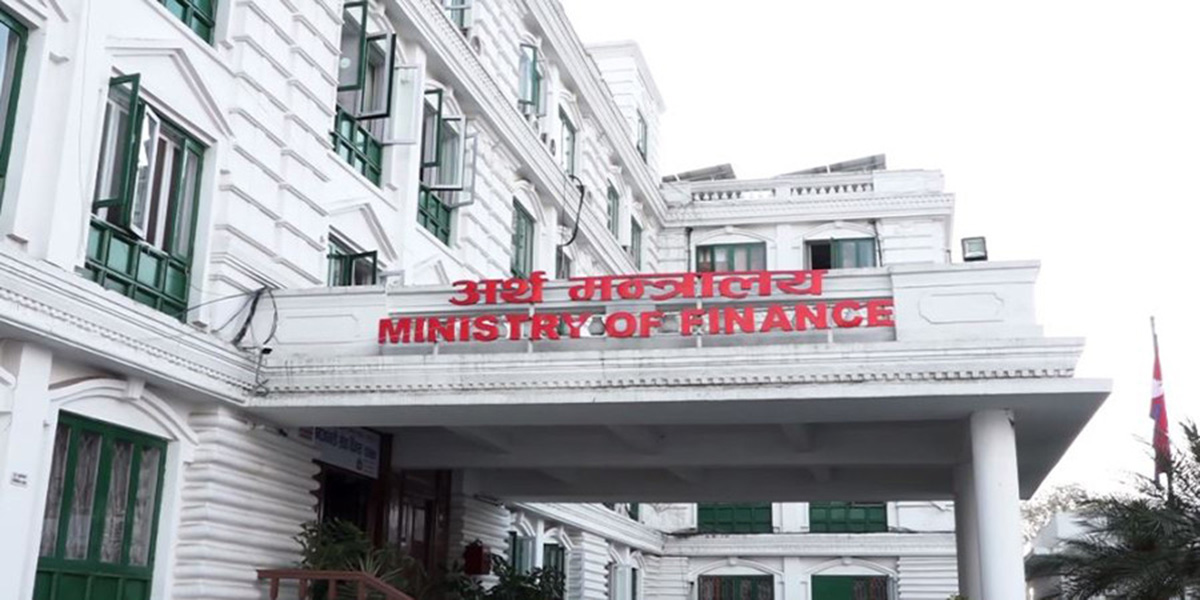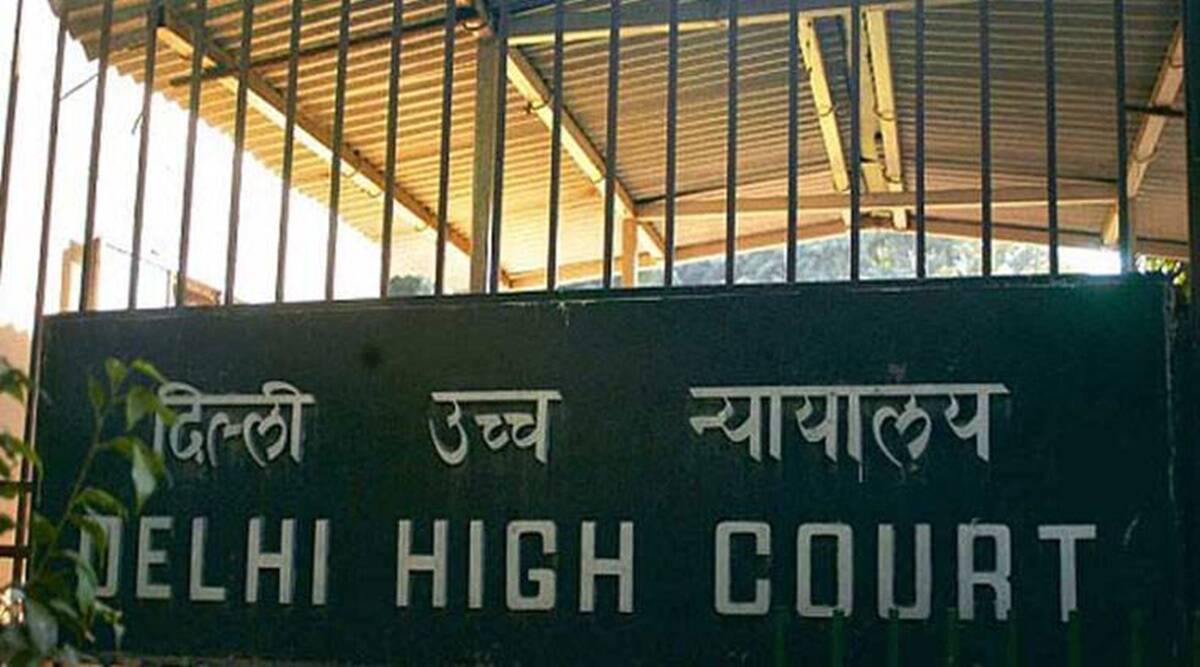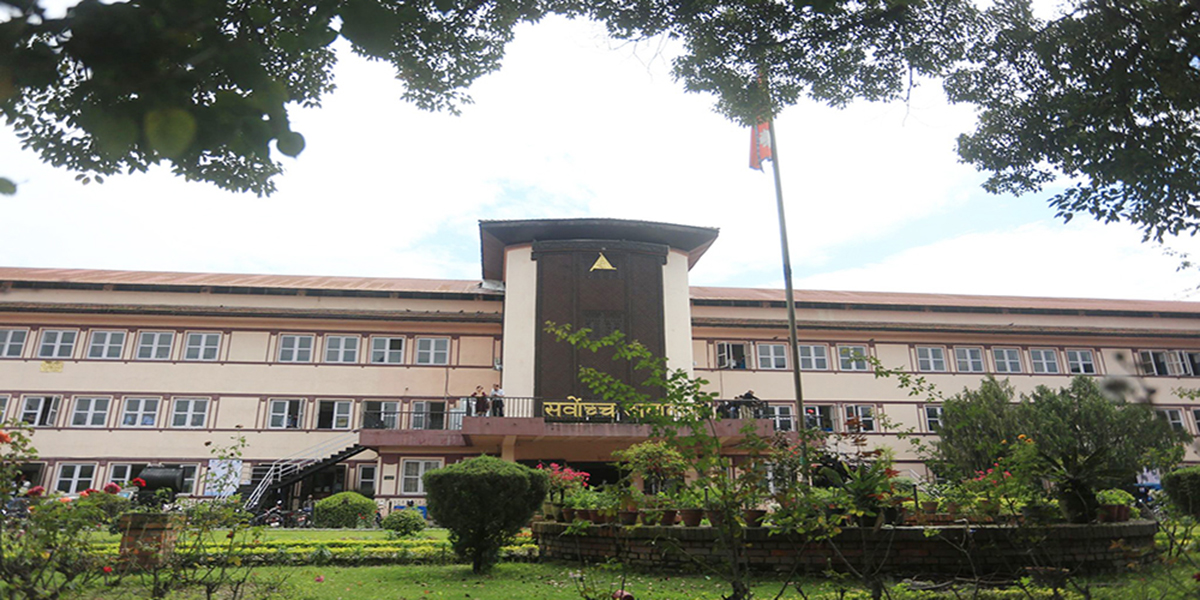 Supreme Court Building (File Photo)
Supreme Court Building (File Photo)
KATHMANDU: The Supreme Court has reminded the government that insurgency-era cases cannot be dragged on for a long time.
The apex court’s fresh order has sparked a debate on transitional justice issues. The order, issued by a division bench of Justices Ishwar Prasad Khatiwada and Hariprasad Phuyal just before the presidential elections, has added fuel to the already heated political atmosphere in Nepal.
Addressing a program in Kathmandu two years ago, Prime Minister Pushpa Kamal Dahal, who is also the chairman of the CPN (Maoist Center), had made a controversial statement regarding the responsibility for the deaths during the Maoist insurgency. He had stated that he would only take responsibility for the deaths of 5,000 out of the 17,000 killed. The families of those killed during the insurgency filed a writ in the Supreme Court against his statement. But initially, the Supreme Court had refused to register the petition.
After the hearing, the Supreme Court issued an order to register the petition. This decision reflects the seriousness with which the Supreme Court is taking the lack of judicial resolution for those who have suffered and the ineffectiveness of the transitional justice mechanisms, including the two commissions established for this purpose.
The Supreme Court has emphasized that victims have the right to seek compensation and justice for the delays in transitional justice. The Court has pointed out that the rights of the victims cannot be denied even according to the previous precedents, international laws, and principles.
In its order, the Supreme Court stated that “based on its previous judgments and international laws and principles, the victims’ right to obtain truthful information, justice, and compensation cannot be indefinitely delayed by giving various excuses.”
Noting that victims have not received justice even 16 years after the signing of the Comprehensive Peace Accord, the Supreme Court has emphasized the need for the state to manage the consequences of the conflict in a timely and judicial manner, rather than promoting impunity.

 Himal Press
Himal Press 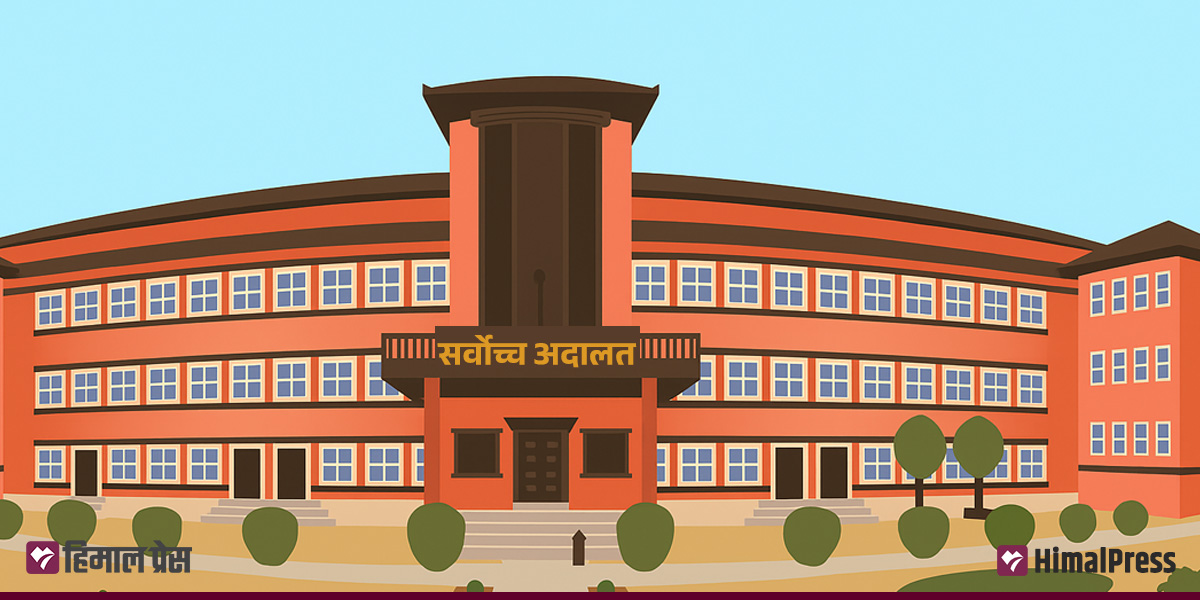

![Maha Shivaratri being celebrated across the country [With Pictures]](https://en.himalpress.com/wp-content/uploads/2026/02/HRB_KTMImage2026-02-15at7.37.40AM1.jpg)
